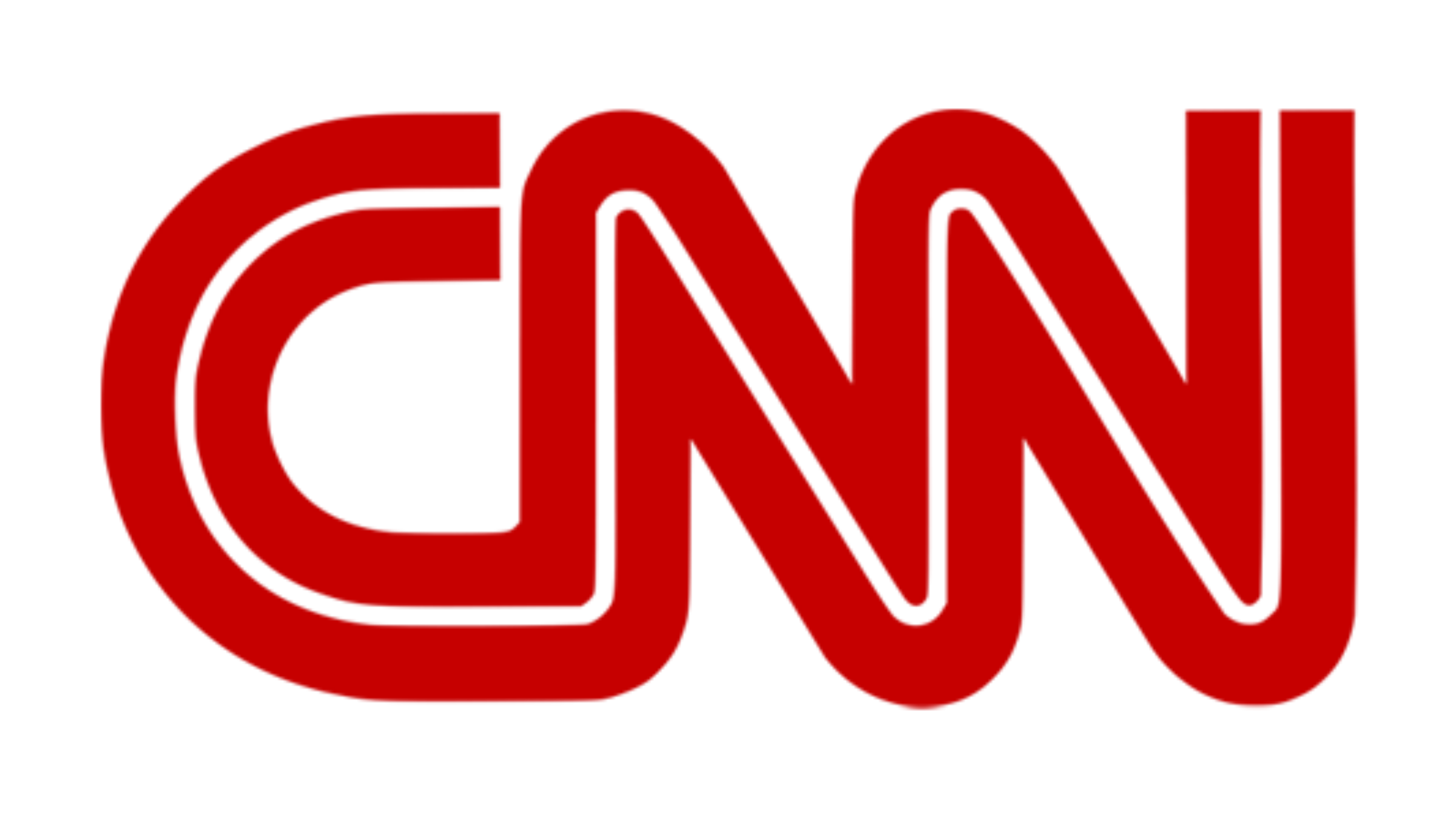Opinion: Madison’s Challenge to Millennials
September 17, 2015
It’s up to the largest, most diverse U.S. generation to remake government, banish partisan dysfunction and innovate.


By Steven Olikara, Co-Founder and President of Millennial Action Project
Many of our nation’s founding fathers could be considered the millennials of their day.
Sitting beneath their white wigs at the Constitutional Convention in 1787 were young innovators around the age of Mark Zuckerberg or Taylor Swift. In fact, James Madison—our nation’s fourth president—was the youngest delegate elected to the Continental Congress at 29. He authored the Constitution by age 36.
On this Constitution Day, September 17, our government and politics are in urgent need of reinvention from young leaders. American governance has descended into the worst levels of partisanship and dysfunction since the end of Reconstruction. In 2014, Gallup found that “poor government leadership” was the top issue for voters, even surpassing the economy.
But Madison would likely still be optimistic. He would see the potential in this young, diverse, and innovative generation of leaders to be an antidote to what he called in Federalist 10, “the violence of faction.”
The question is this: How will the millennial generation govern America? I founded the Millennial Action Project, a national, nonpartisan organization activating millennial policymakers, to answer that question. Based on our work, Madison would see promising opportunities.
For example, millennials are rejecting the entrenched partisan divide. We are the most politically independent generation in America, with 50% of us choosing to affiliate with neither party. This political independence will soon become a more potent force because of our size: With 83 million millennials in the U.S., we are the largest generation in our nation’s history, outpacing the Boomers.
Millennials are the most diverse generation in our nation’s history, the driving force behind a demographic watershed that will make us a majority-minority country. James Madison, a master coalition-builder, viewed diversity as a solution to faction. He argued that a constructive republican government with “greater variety of parties and interests” would best advance the public good. With a diversity of voices at the table in politics, we are more capable of engineering comprehensive solutions for a large and diverse nation.
For those millennials serving in public office, we are already seeing indications of real courage and innovation. Take for example, Republican Congressman Carlos Curbelo’s stance on solving climate change, or Democratic Congressman Joe Kennedy’s approach to leveraging private capital for social programs. Millennials at the state level are forging solutions on cutting edge issues such as crowd funding for entrepreneurs and the sharing economy — it would be hard to fit these solutions squarely into one partisan box.
If these young legislators in Millennial Action Project’s growing network of Congressional and State Future Caucuses are any indication, American governance will be more open, more innovative, and more collaborative. Driven by our diversity, independence, and sheer numbers, an entirely new governing paradigm is on the horizon.
That is, if we overcome this dichotomy: the civic-minded millennials largely distrust political institutions to solve the challenges we face. We must close this gap between idealism and disillusionment. Our generation’s energy is a tremendous resource to leave untapped in the cause of our republic.
On Constitution Day, millennials can neither be content with solely rejecting the establishment nor simply venerating an occasion of national pride. We must engage as a generation of political entrepreneurs and create the cooperative governing environment our nation needs.
James Madison and the Framers set the stage for America to lead the world towards democracy. Importantly, they proved that young people are capable of creating a nation from scratch, conceiving an enduring document like the U.S. Constitution. We ought to see those Founders as the young upstarts they were. If Madison were alive today, he could see a new band of millennial upstarts living his aspirations for a large, diverse, and young democratic republic.






Join 1,900+ BIPARTISAN LEADERS NATIONWIDE
Be a part of a network of lawmakers committed to governing effectively, passing more representative public policy, and increasing public trust in democracy.